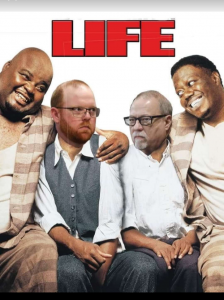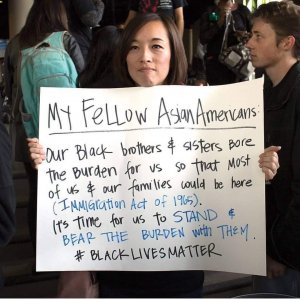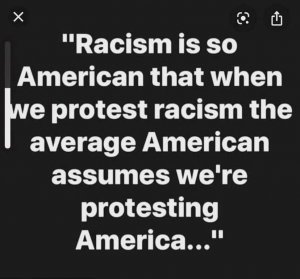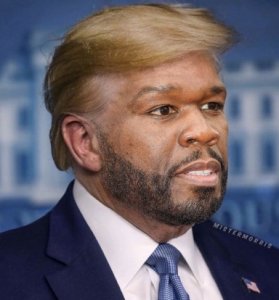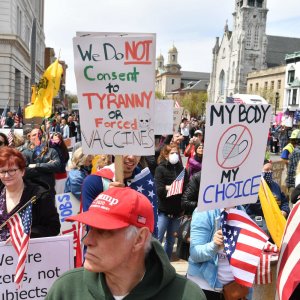This may be an unpopular opinion but I personally believe things were better for us during segregation.
I sometimes dream black folks coming together and buying land out in the Mid West's wide open spaces.
Somewhere with less lights at night:

Grow our own food, teach our own children, tend to our own sick, have our own ways.
Sorta like the Mormons in UT or the Amish in PA.
40 acres and a mule.
I seem to have heard that somewhere before.
Hmmm.
Bonus:
Map of Federally Owned Land that can be given away by grants...
 3. Lincoln thought colonization could resolve the issue of slavery.
For much of his career, Lincoln believed that colonization—or the idea that a majority of the African-American population should leave the United States and settle in Africa or Central America—was the best way to confront the problem of slavery. His two great political heroes, Henry Clay and Thomas Jefferson, had both favored colonization; both were slave owners who took issue with aspects of slavery but saw no way that blacks and whites could live together peaceably.
3. Lincoln thought colonization could resolve the issue of slavery.
For much of his career, Lincoln believed that colonization—or the idea that a majority of the African-American population should leave the United States and settle in Africa or Central America—was the best way to confront the problem of slavery. His two great political heroes, Henry Clay and Thomas Jefferson, had both favored colonization; both were slave owners who took issue with aspects of slavery but saw no way that blacks and whites could live together peaceably. Lincoln first publicly advocated for colonization in 1852, and in 1854 said that his first instinct would be “to free all the slaves, and send them to Liberia” (the African state founded by the American Colonization Society in 1821).
Nearly a decade later, even as he edited the draft of the preliminary Emancipation Proclamation in August of 1862, Lincoln hosted a delegation of freed slaves at the White House in the hopes of getting their support on a plan for colonization in Central America. Given the “differences” between the two races and the hostile attitudes of whites towards blacks, Lincoln argued, it would be “better for us both, therefore, to be separated.” Lincoln’s support of colonization provoked great anger among black leaders and abolitionists, who argued that African-Americans were as much natives of the country as whites, and thus deserved the same rights. After he issued the preliminary Emancipation Proclamation, Lincoln never again publicly mentioned colonization, and a mention of it in an earlier draft was deleted by the time the final proclamation was issued in January 1863.
The 16th U.S. president was firm in believing slavery was morally wrong, but his views on racial equality were sometimes more complicated.

www.history.com
All these years later - Lincoln was apparently half right.
Yes, racists would never allow us to live together in peace.
But...
No - we aint leaving.









